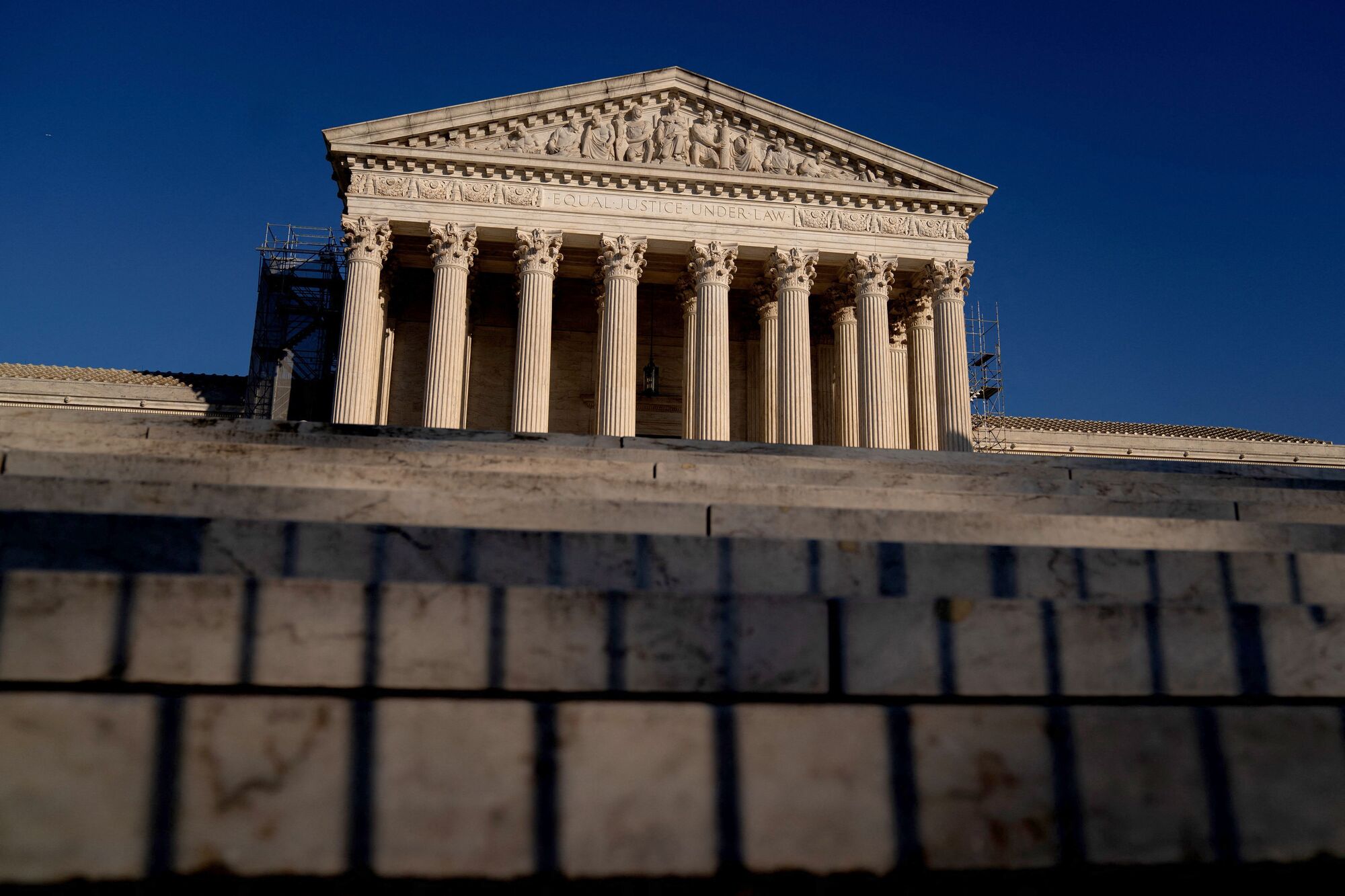Supreme Court Eliminates Longstanding Legal Principle Concerning Federal Regulation
Ruling shifts balance of power to judicial branch
Contact
Today, the Supreme Court eliminated a foundational legal principle that has for decades allowed federal agencies to sensibly interpret ambiguous laws when writing rules and regulations to implement those laws. The Court’s 6-3 decisions in Loper Bright Enterprises v. Raimondo and Relentless, Inc. v. Department of Commerce reversed its 1984 decision in Chevron v. NRDC, in which the Court cemented a legal principle that became known as Chevron deference. That principle instructs lower courts that when Congress writes an ambiguous law, then instructs a federal agency to implement the law, judges should defer to the agency’s interpretation of that language as long as it is reasonable.
Congress instructed hundreds of federal agencies to implement laws like the Clean Air Act, Safe Drinking Water Act, Fair Labor Standards Act, and Food and Drug Act. These agencies use their expertise to translate Congress’ broadly worded instructions into regulations that protect our air and water, ensure the safety of our food, medicines, and workplaces, and make our economy competitive and fair to consumers. In our technologically complex and fast-paced society, we rely on the scientists and other experts in these agencies to carry out Congress’ instructions based on their knowledge of the history of the relevant laws and regulatory programs.
The Loper Bright decision, which was issued by the Court’s conservative supermajority, will dramatically change the way in which judges review regulations issued by federal agencies. By telling judges to take over the lead role in interpreting ambiguous statutory language, and not to listen first to the agencies Congress charged with implementing that language, the decision will shift power away from the elected branches of government and into the hands of unelected judges.
“The Supreme Court is pushing the nation into uncharted waters as it seizes power from our elected branches of government to advance its deregulatory agenda,” said Earthjustice Senior Vice President for Programs Sambhav Sankar. “The conservative justices are aggressively reshaping the foundations of our government so that the President and Congress have less power to protect the public, and corporations have more power to challenge regulations in search of profits. This ruling threatens the legitimacy of hundreds of regulations that keep us safe, protect our homes and environment, and create a level playing field for businesses to compete on.”
The Court sided 6-3 with fishing companies that challenged the legitimacy of a regulation promulgated by the National Marine Fisheries Service (NMFS) that requires large-scale fishing operations to share in the cost of fishery observers. Under the Magnuson-Stevens Act, which Congress passed with broad bipartisan support in 1976, the NFMS is authorized and required to promulgate fisheries management plans that prevent overfishing based on “the best scientific information available.” The law also states that the plans may “require that one or more observers be carried on board” operating fishing vessels. Government at-sea observers provide independent data that is used to manage a fishery and prevent overfishing, and the collapse of U.S. fisheries. Fisheries across the country have imposed similar requirements for decades.
A district court rejected the plaintiffs’ argument, and a court of appeals upheld that ruling by applying the Chevron deference principle. Even so, the Court chose to take up the case last May, and it heard oral arguments in January. Earthjustice filed a Supreme Court amicus brief in Loper Bright on behalf of environmental and local groups including Conservation Law Foundation, Ocean Conservancy, and Save the Sound.

About Earthjustice
Earthjustice is the premier nonprofit environmental law organization. We wield the power of law and the strength of partnership to protect people's health, to preserve magnificent places and wildlife, to advance clean energy, and to combat climate change. We are here because the earth needs a good lawyer.